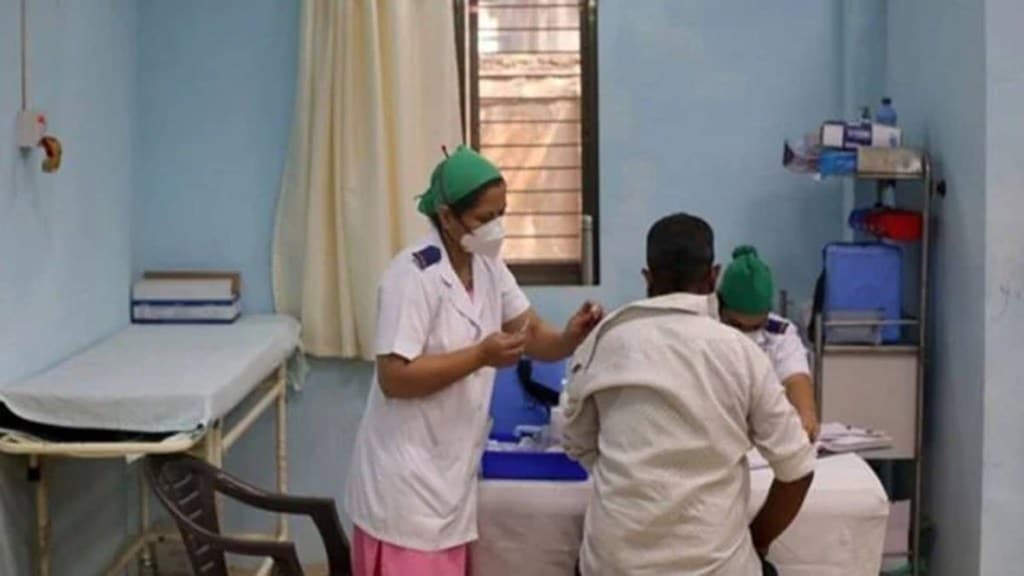Amid a recent surge in Guillain-Barre Syndrome (GBS) cases—now exceeding 100, with one reported death—medical experts are urging people to be cautious about their food consumption, according to a report by The Times of India. GBS, a rare neurological disorder in which the body’s immune system attacks the peripheral nervous system, has been linked to bacterial infections, particularly those caused by Campylobacter jejuni. This bacterium is commonly found in undercooked poultry and unpasteurized dairy products.
Dr. Priyanka Sehrawat, MD Medicine at AIIMS Delhi, recently shared an informative video on Instagram, highlighting the risks associated with GBS and its connection to Campylobacter infections. Due to this link, experts are advising that foods such as rice, paneer, and cheese should be thoroughly washed and properly cooked before consumption to minimize the risk of infection.
Symptoms of GBS
GBS will exhibit symptoms like weakness, prickling sensation and paralysis in severe cases. These symptoms will initiate with legs and extend to the upper body. Earlier signals can be through by experiencing nausea, abdominal pain, vomiting ,diarrhea and lead to neurological symptoms too. Prompt medical attention is necessary as early treatment can result in high possibilities of recovery.
Preventive measures to take
To minimize the risk of this infection it is essential to adopt proper food handling and preparation before consumption
1.Unpasteurized milk and dairy products should be avoided as they can bear Campylobacter bacteria.
2.Proper cooking of the meals so that harmful bacteria will get removed if it has been heated at a temperature of at least 165 degrees Fahrenheit.
3.Practising proper hand hygiene in our daily life. Hands should be washed properly with soap and water before and after touching poultry and dairy products.
4. Avoid cross contamination by using separate cutting boards and utensils for raw meats and other food items. This way the spread of the bacteria can be prevented.

